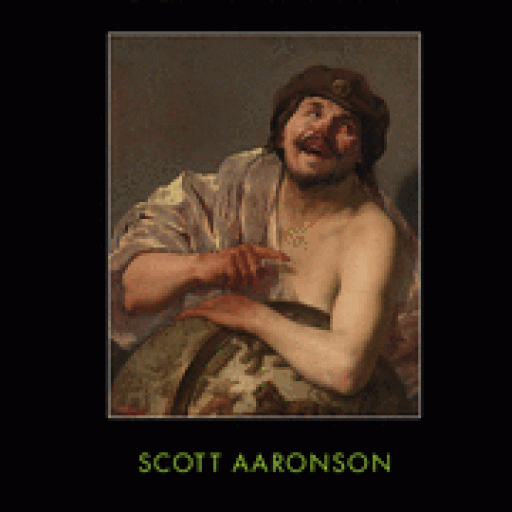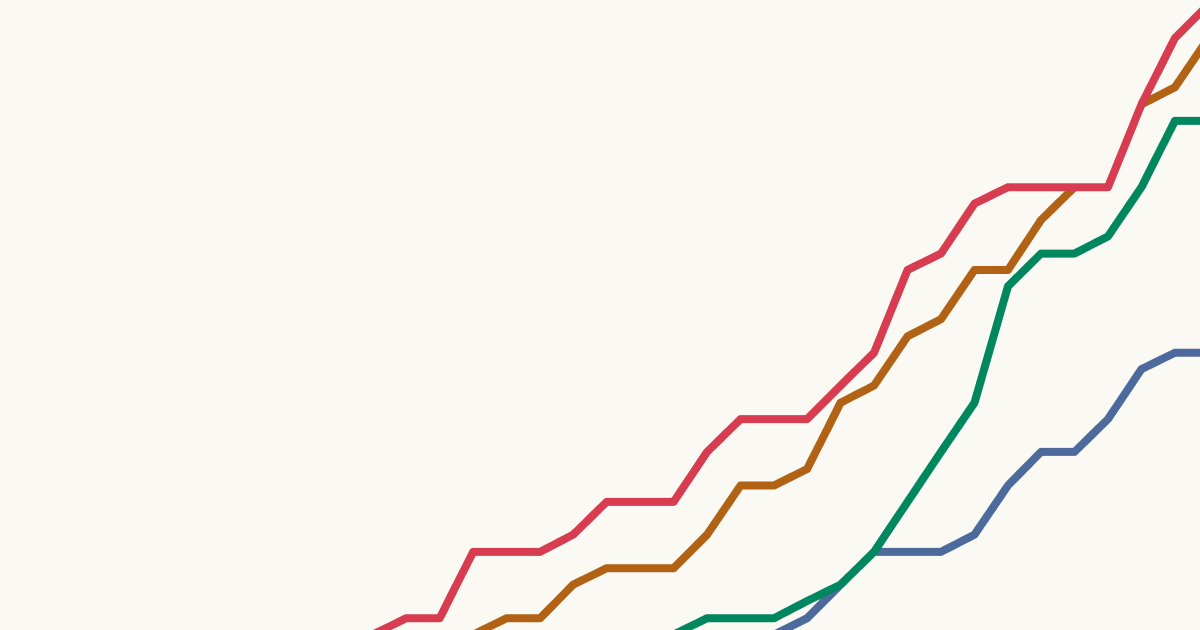PoliScore uses LLMs to rate legislators.
"Non-Partisan. For the People. Policy / Issues Based."
For my state, Colorado, it says:
"John W. Hickenlooper: A"
"Michael F. Bennet: A"
"Diana DeGette: A"
"Joe Neguse: A"
"Lauren Boebert: F"
Non-partisan, you say?
So I clicked on "John W. Hickenlooper":
"Overall benefit to society: 50"
"Immigration: 50"
"Healthcare: 49"
"Energy: 48"
"Technology: 47"
"Wildlife and forest management: 44"
"Social equity: 44"
"Environmental management and climate change: 43"
"Public lands and natural resources: 42"
"Education: 38"
"Agriculture and food: 37"
"Foreign relations: 37"
"Transportation: 36"
"Economics and commerce: 35"
"Crime and law enforcement: 33"
"National defense: 33"
"Housing: 30"
"Government: 28"
Hmm, wonder how it came up with those numbers?
"Senator John W. Hickenlooper has demonstrated a strong commitment to environmental management, energy innovation, and social equity through his recent legislative efforts. Notably, he sponsored the 'Reforestation, Nurseries, and Genetic Resources Support Act of 2024,' which aims to enhance reforestation efforts by providing financial and technical support to nurseries and seed orchards. This bill is expected to significantly benefit environmental management and climate change mitigation. Additionally, his sponsorship of the 'BIG WIRES Act' underscores his dedication to modernizing the US electric grid, promoting energy resilience, and integrating renewable energy sources, which are crucial for sustainable development."
"In the realm of social equity..."
I'm going to stop there because it goes on for for 2 more paragraphs. Then, after that, is a big list of 218 bills. Each bill has a grade, of which almost all are "A" and the lowest is "C".
For comparison, I clicked on "Lauren Boebert":
"Overall benefit to society: -11"
"Agriculture and food: 11"
"National defense: 8"
"Energy: 7"
"Housing: 4"
"Transportation: 3"
"Technology: 3"
"Government: 2"
"Economics and commerce: 1"
"Crime and law enforcement: -1"
"Wildlife and forest management: -13"
"Foreign relations: -13"
"Education: -13"
"Public lands and natural resources: -14"
"Healthcare: -15"
"Social equity: -18"
"Environmental management and climate change: -26"
"Immigration: -29"
"Representative Lauren Boebert's legislative actions reveal a troubling pattern of prioritizing divisive and regressive policies over constructive and inclusive governance. Her support for the 'Withdrawal from the United Nations Framework Convention on Climate Change' and the 'WHO Withdrawal Act' underscores a disregard for international cooperation and global health, potentially isolating the US from critical global initiatives."
"Boebert's sponsorship of the 'Build the Wall and Deport Them All Act' and the 'Mass Immigration Reduction Act of 2024' highlights a harsh stance on immigration that could exacerbate social inequities and strain foreign relations. ..."
I'm going to stop there but it goes on. Under "Bill History", there's 279 bills, almost all of which are graded either "D" or "F".
I tried clicking on a couple of bills. For John Hickenlooper, I clicked "Reproductive Freedom for Women Act":
"Overall benefit to society: 60"
"Social equity: 80"
"Healthcare: 70"
"Crime and law enforcement: 30"
"Economics and commerce: 20"
"Government: 10"
"The Reproductive Freedom for Women Act, introduced in the Senate, seeks to address the repercussions of the Supreme Court's decision in Dobbs v. Jackson, which significantly altered the legal landscape for abortion rights in the United States. The bill explicitly states Congress's support for protecting access to abortion and other reproductive health care services. It aims to restore the protections that were enshrined in the landmark Roe v. Wade decision, which had previously guaranteed a woman's right to choose an abortion. The high-level goals of the bill are to ensure that women have the freedom to make decisions about their reproductive health without undue governmental interference."
It goes on for 4 more paragraphs.
For Lauren Boebert, I clicked "No User Fees for Gun Owners Act":
"Overall benefit to society: -30"
"Government: -10"
"Economics and commerce: -20"
"Social equity: -30"
"Crime and law enforcement: -40"
"The 'No User Fees for Gun Owners Act' seeks to amend Section 927 of Title 18 of the United States Code and Part I of Subchapter B of Chapter 53 of the Internal Revenue Code of 1986. The primary goal of the bill is to prevent state and local governments from imposing any form of liability insurance, taxes, or user fees specifically as conditions for the ownership, manufacture, importation, acquisition, transfer, or continued possession of firearms and ammunition."
It goes on for 6 more paragraphs.
It looks to me like, if you're a liberal/Democrat, you just use this website as is. If you're a conservative/Republican, at first glance, it looks like you can invert the letter grades and reverse the positive/negative number scores. But, giving the matter more thought, it occurred to me that if the website is made assuming "liberal" values, then bad grades/negative numbers may just mean opposition to liberal values, but that might not tell you anything about what values the politician or bill is for, necessarily. In other words, I'm thinking, if you made comparable systems assuming either conservative or libertarian values, you wouldn't necessarily just get the inverse of this system. Your thoughts?
It may be that the AI-generated summaries for every bill, alongside the easy-to-navigate system of listing them under their sponsors/cosponsors, may be the most valuable aspect of this site. It wouldn't be to hard to check in on a regular basis to see what bills your elected representatives are sponsoring/cosponsoring and get a general sense of what they are about.
I won't comment on the insanity of having a society with more laws than is possible to fit in any human brain while expecting all laws to be obeyed. Oh, whoops. Looks like on this site, it lists all the bills that are sponsored, whether they eventually get signed into law or not, though, so if you see bills listed on this site it doesn't mean you have to obey them (necessarily).
Legislators - PoliScore: non-partisan political rating service
#solidstatelife #ai #genai #llms #domesticpolitics




:max_bytes(150000):strip_icc()/Florida-is-Attempting-to-Ban-Fake-Meat-2-FT-BLOG0324-10750cfc56e4434b85e72efaf362e4ed.jpg)
